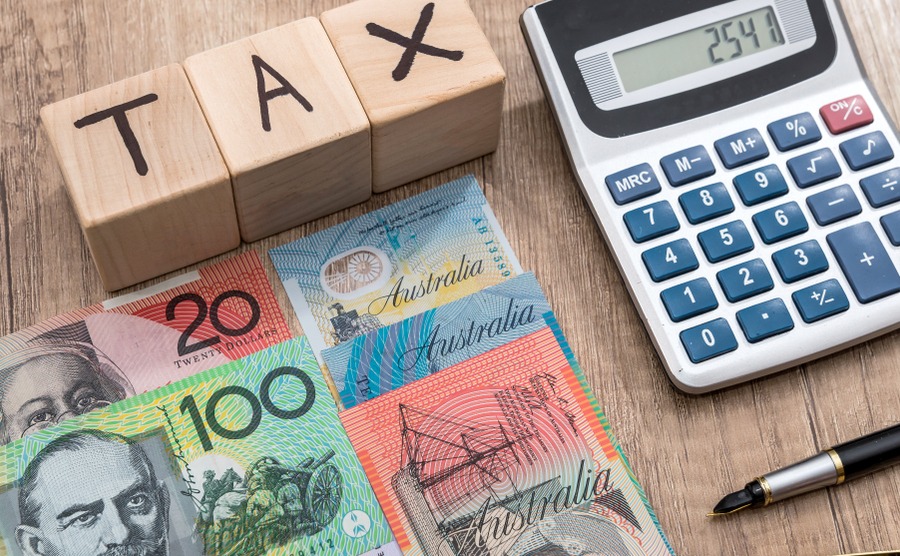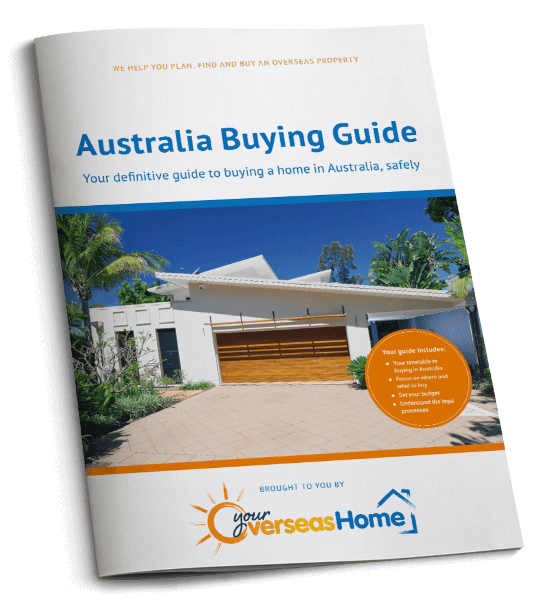There is nothing worse than being ill-informed about taxes and winding up with a tax bill much larger than expected! As a resident or non-resident in Australia you will likely need to pay income tax, and possibly capital gains tax and taxes for any businesses you run.
This overview of the Australian tax system will help you understand taxes in Australia and your obligations when it comes to paying taxes.

Make sure you understand the Australian tax system.
Income Tax
Australia has what is considered a progressive tax system. Therefore, the more you earn, the more taxes you will pay. The tax rates differ depending if you’re a resident or non-resident and the income you are making. Residents are required to pay tax on all their worldwide income, while non-residents are only required to pay tax on income derived in Australia. Not sure which classification you fall under? The Australian Tax Office has a simple tool where you can decipher what your tax status is in Australia.
The tax rates differ depending if you’re a resident or non-resident.
Residents of Australia are privy to a tax-free threshold; individuals who make under $18,200 AUD in a fiscal year are exempt from paying income taxes. The lowest tax rate is 19% while high income earners (anything over $180,000AUD) are taxed at a rate of 47%. There is also a 2% medical surcharge and a budget correction levy of 2% for high income earners. Here are the tax brackets for residents of Australia:
| Taxable income | Tax on this income | Effective tax rate |
| $1 – $18,200 | Nil | 0% |
| $18,201 – $37,000 | 19c for each $1 over $18,200 | 0 – 9.65% |
| $37,001 – $87,000 | $3,572 plus 32.5c for each $1 over $37,000 | 9.65 – 22.78% |
| $87,001 – $180,000 | $19,822 plus 37c for each $1 over $87,000 | 22.78 – 30.13% |
Foreign residents in Australia are not eligible for the tax-free threshold. The following tax brackets apply to non-residents:
| Taxable income | Tax on this income |
| $1 – $87,000 | 32.5c for each $1 |
| $87,001 – $180,000 | $28,275 plus 37c for each $1 over $87,000 |
| $180,001 and over | $62,685 plus 45c for each $1 over $180,000 |
Capital Gains Tax
Capital Gains Tax is incurred when an asset is sold personally or as a business. These assets include property, shares or business assets. The capital gains tax is calculated at your income tax rate once your gain has been factored into your income, this amount is called net capital gain. Understanding if you will be subject to capital gains as a resident or non-resident in Australia is an important consideration.
For a profitable Australian investment, knowing how to drive a bargain when buying is essential. Read our guide, How to Negotiate Abroad.
Business Tax
If you own and operate a business in Australia your business will be subject to taxes. Taxes differ depending on if the entity is a small business or corporation. The Australian Tax Office has produced a document titled Your Business and Tax. This will help you decipher tax obligations for businesses of different sizes and structures.
The Australian fiscal year runs from 01 July to 30 June with taxes typically due on 31 October. Tax returns can usually be lodged online with the Australian Tax Office. Consulting with a tax professional in the UK and once you arrive in Australia is advised to ensure you understand your obligations paying taxes in Australia whether as a resident and non-resident.







